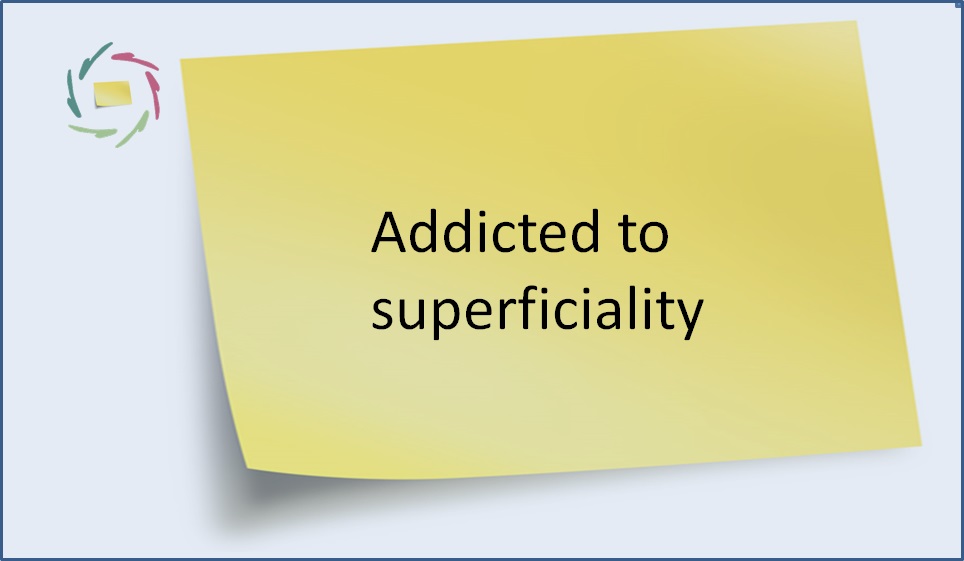(Non-)Morality of Addiction

Addiction is frequently judged from a moral standpoint. This is scientifically unseemly. Moreover, it is contra-productive.
The addicted person is not morally bad in being addicted.
An addicted person is, by definition, not a free person. His addictive behavior is not free behavior. Thus, by definition, he cannot be a morally bad person. [see: “From Me to Morality“]
Who speaks of ‘morality’ in addiction either doesn’t get the concept or serves another cause.
Even more:
Morally judging addictive behavior heightens the suffering of all involved.
You can find a clear description of many reasons why this is the case in “In the Realm of Hungry Ghosts” by dr. Gabor Maté, 2010. In metaphorical shortness, one may be pulling the righteous trigger towards oneself. Still, the bullet flies the other way, not serving but killing humaneness.
So, even if for nothing but efficiency’s sake, one should not be judgmental.
As Gabor also points out, even the aims of judgment and criminalization are not to lessen any suffering. The reasons are ideological. It should be clear to all that this does not mean ‘logically justified.’
Moral knights
In-depth, ideological knights are not fighting against the addicts so much as they are fighting against themselves. It only shows differently at the surface. It seems to me that their moral-judgmental attitudes versus addicts are mainly fueled by anxiety of the very same kind that lies at the basis of addiction in general.
In-depth, the hunter and the hunted are of the same tribe.
For example, according to moral knights, “Addicted people are either genetically ill or morally bad.” Very probably, the former only plays a minor role.
So, where is the morality in worsening the situation as a whole?
Nowhere.
It only leads to a warzone, from inner to outer. Literally:
The war on drugs
As any senseless war, this is fought mainly from the desire to assert ego supremacy. [see: “The Story of Ego“]
Otherwise said, inner dissociation. [see: “Inner Dissociation is NEVER OK“] Nobody benefits from this as a whole person ― including the knights themselves. It’s always the same old story.
Wars on drugs cause immense harm without solving the problem. Put against this the ideal of not needing any war. [see: “The End of War“]
This doesn’t mean we have to indulge in laisser-aller.
Indolence concerning addiction is, of course, not appropriate. Addicted people deserve Compassion. An indolent attitude is by far not a Compassionate one.
Count self-Compassion in, and it is eventually the only attitude that can help. [see: “Compassion over Addiction“]
In this setting, may Compassion make you think of Grace? [see: “The Addict’s Grace“]


